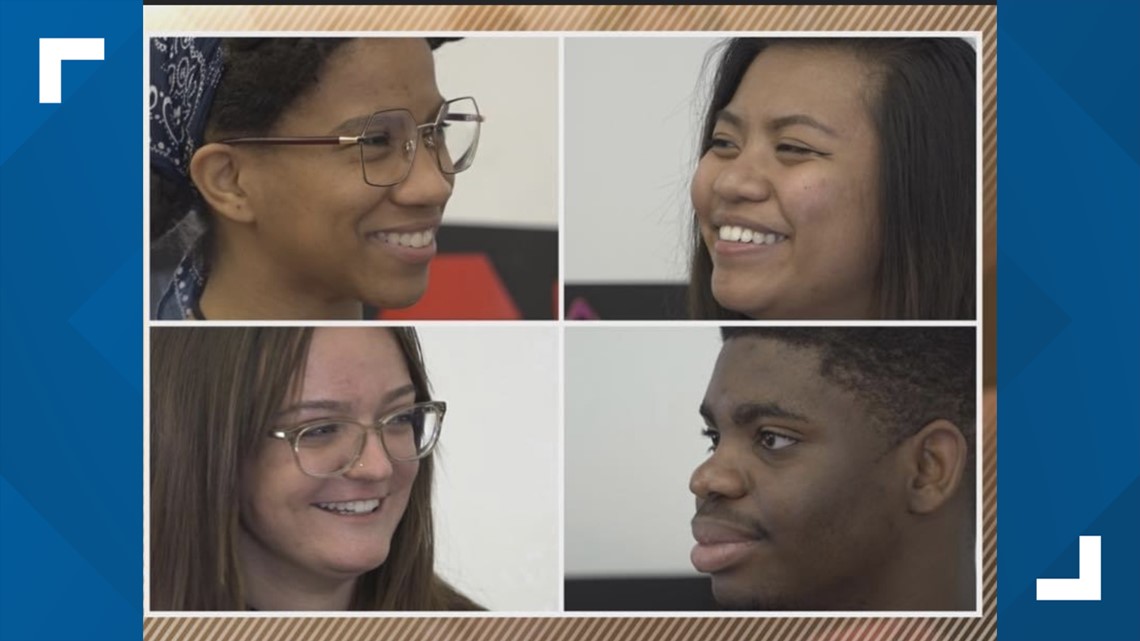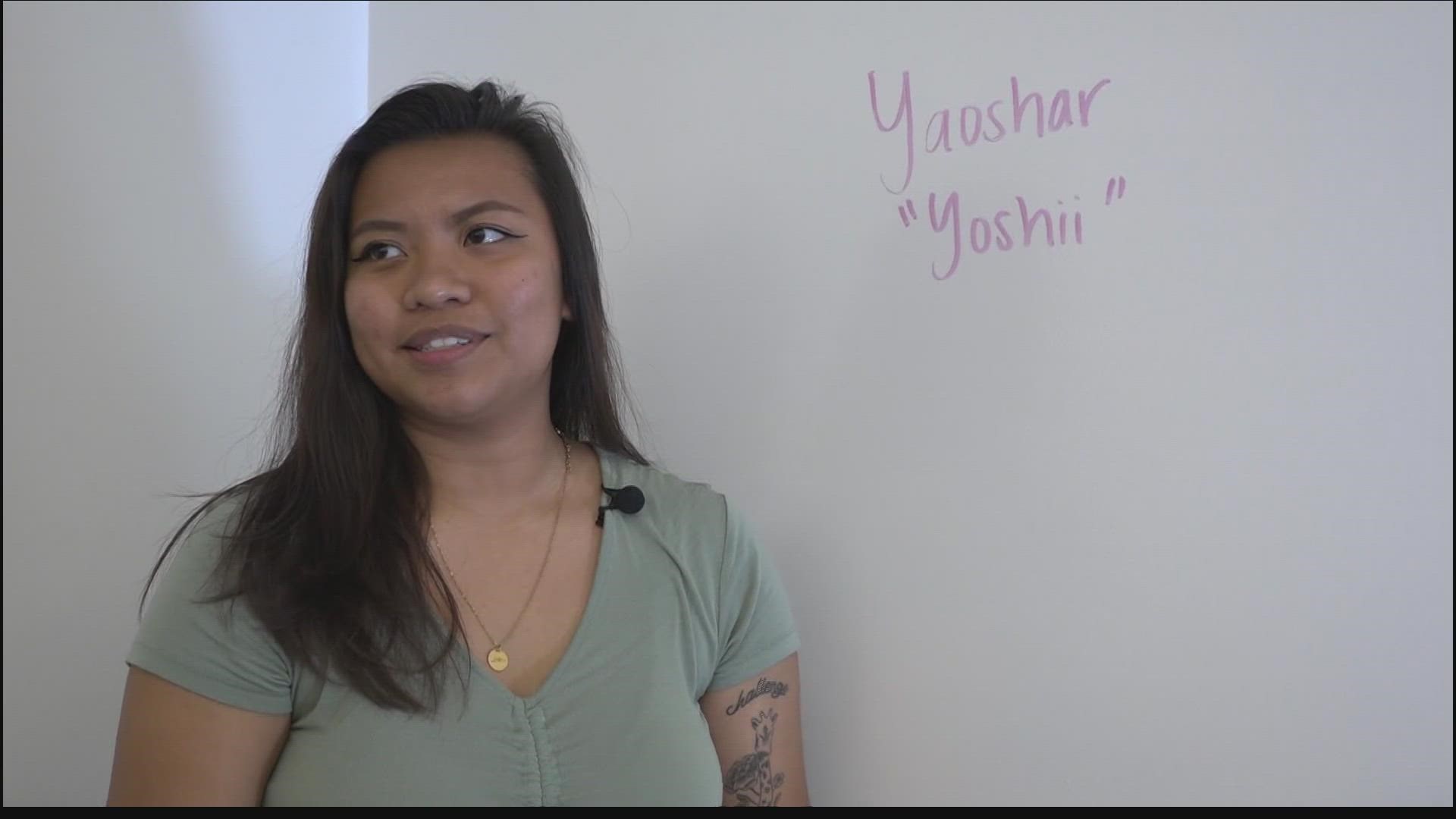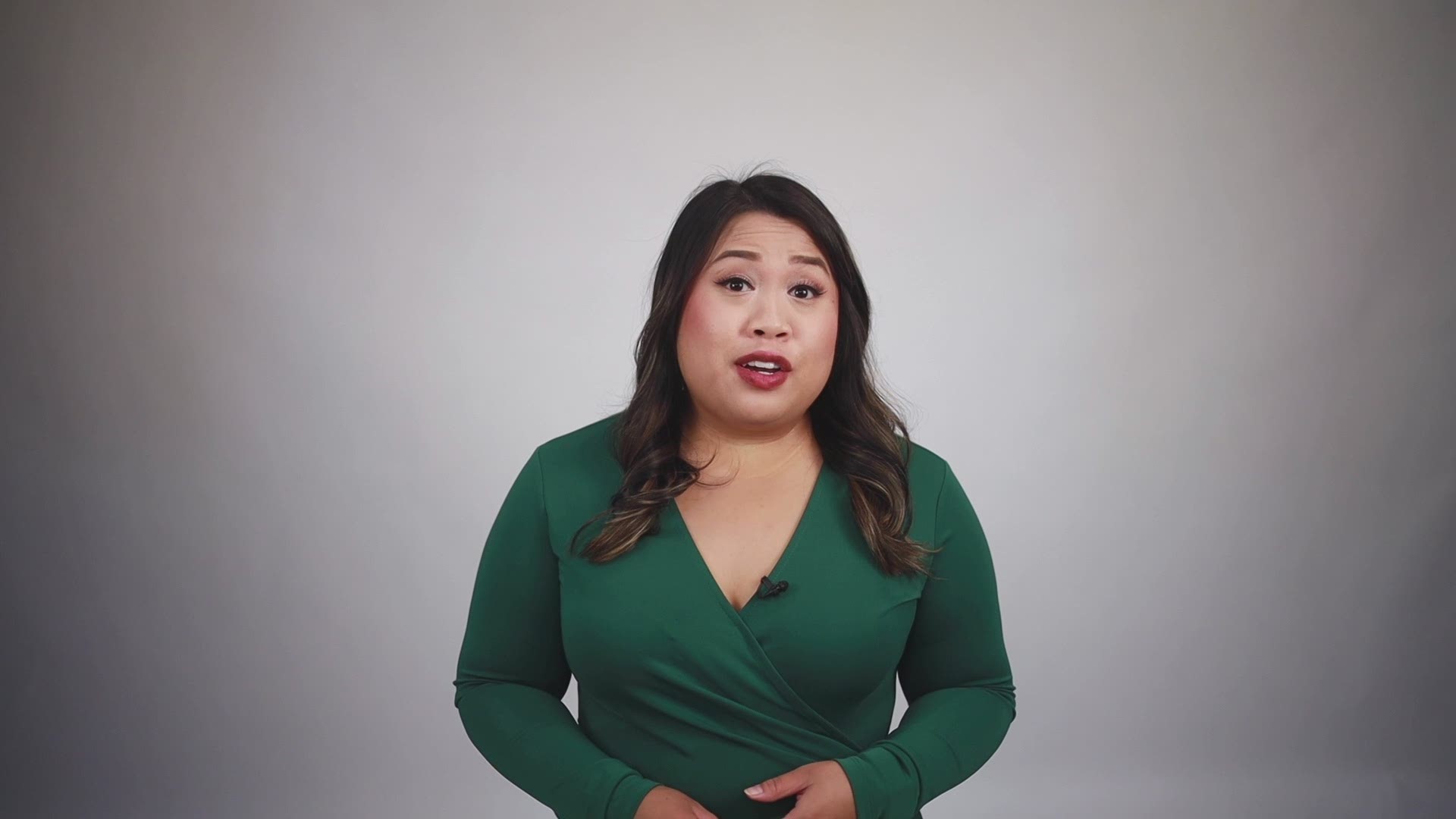JACKSONVILLE, Fla — Akintoye Oyedola is from Nigeria. The University of North Florida student doesn't understand why people could be so careless --- or downright disrespectful -- of his name.
"It's demeaning," he says. People don't even try to say it correctly. They often just chop off some letters and run with "Toy" despite Oyedola standing over 6 feet tall.
He's not some throw-away toy. Neither is his name. He says his family gave him his name because of its deep spiritual meaning.

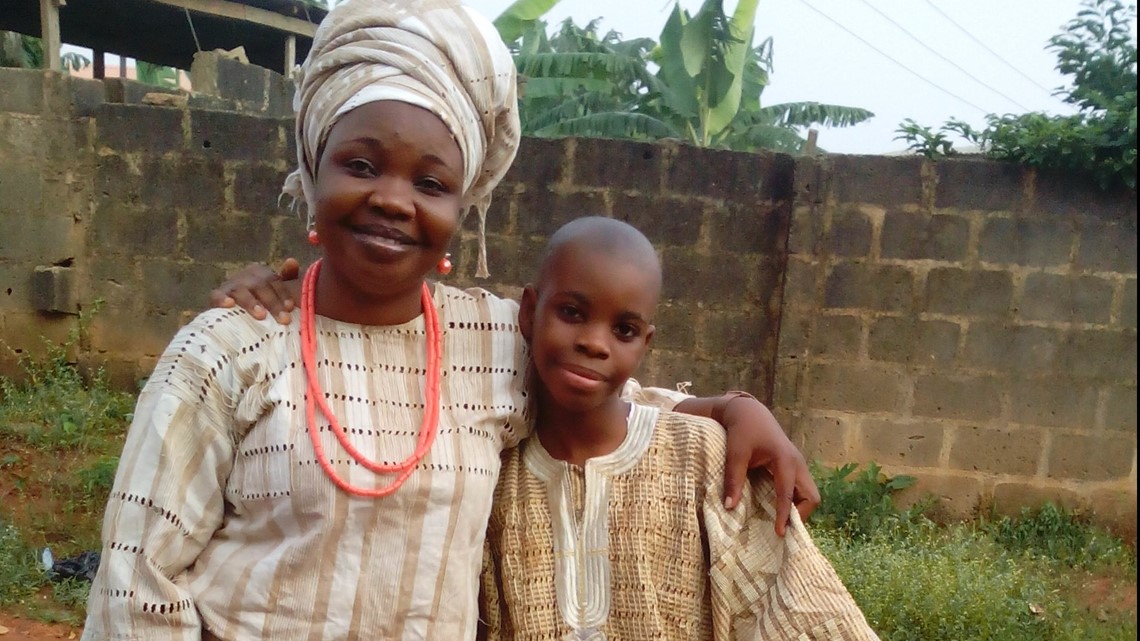
He also doesn't appreciate when people wreck his last name and contort it into "dollar." His Nigeria is a beautiful country, he says, and it's not packed with "scammers on the internet" looking to cheat people and make a dollar.
Dr. Dilek Kayaalp is an associate professor in the Department of Teaching, Learning & Curriculum in the University of North Florida’s College of Education and Human Services. She looks carefully at research on the impact of mispronouncing someone's name.
She says, don't rename someone just because you can't pronounce their name on first blush. "It is wrong," she says. She is frustrated when people say, '"Oh, your name is too hard to pronounce or your name is too long.' So they will just call me 'D' for Dilek. It's an insult."
She says when a teacher avoids saying a more complicated name of a student or consistently gets it incorrectly, research shows that can have a negative impact on the child and his academic success.
Kayaalp points to an article titled, "Teachers, Please Learn Our Names."
First Coast News sat down to listen to Kayaalp and four UNF students talk about the issue.
Another student, Selma Besirevic, is from Bosnia. She's in a leadership role at UNF in student government, and so she's often introduced to a room full of people.
She emails in advance to give an easy-to-follow guide to pronouncing her name.

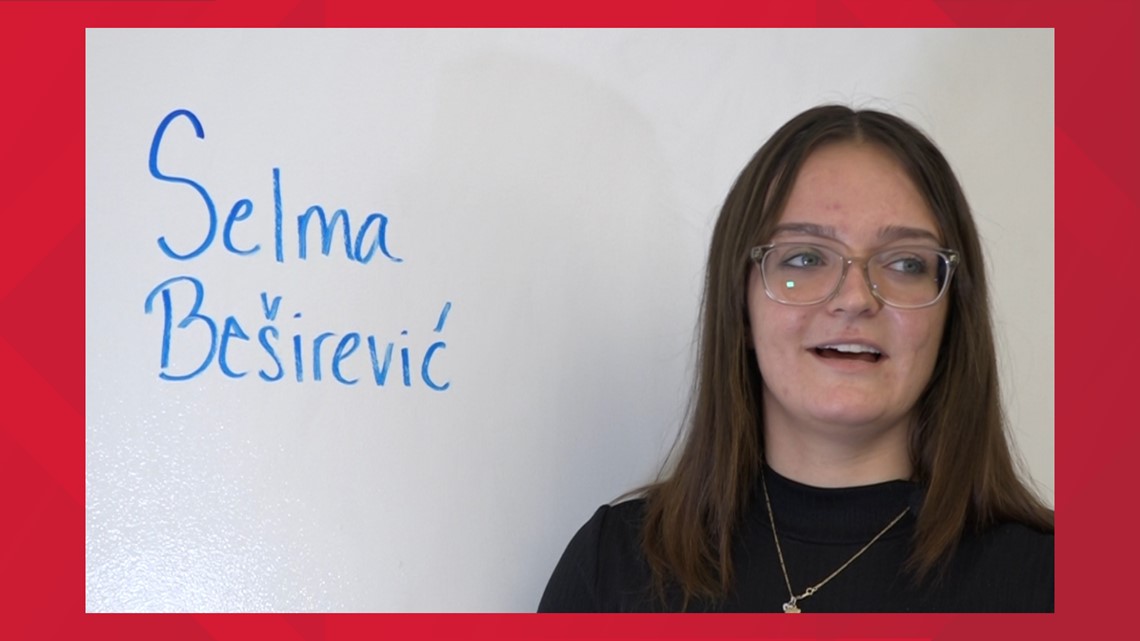
She says too often people will botch her name, make a quick comment, such as, "Oh, I'm sorry I botched your name. Was I close?" and then look at her for a reply.
Her reply, "No." Selma says she becomes the joke of the room, as people chuckle. "It's human instinct," she says. "But it doesn't change the fact that it hurts."
She says, "I'm not a joke. I have value."
Another student just goes by "Yoshii" because she gave up trying to guide people how to her name properly. Her name is Yaoshar Acio.
She's from the Philippines, and her name reflects her family's values in a country with beautiful architecture and scenery.

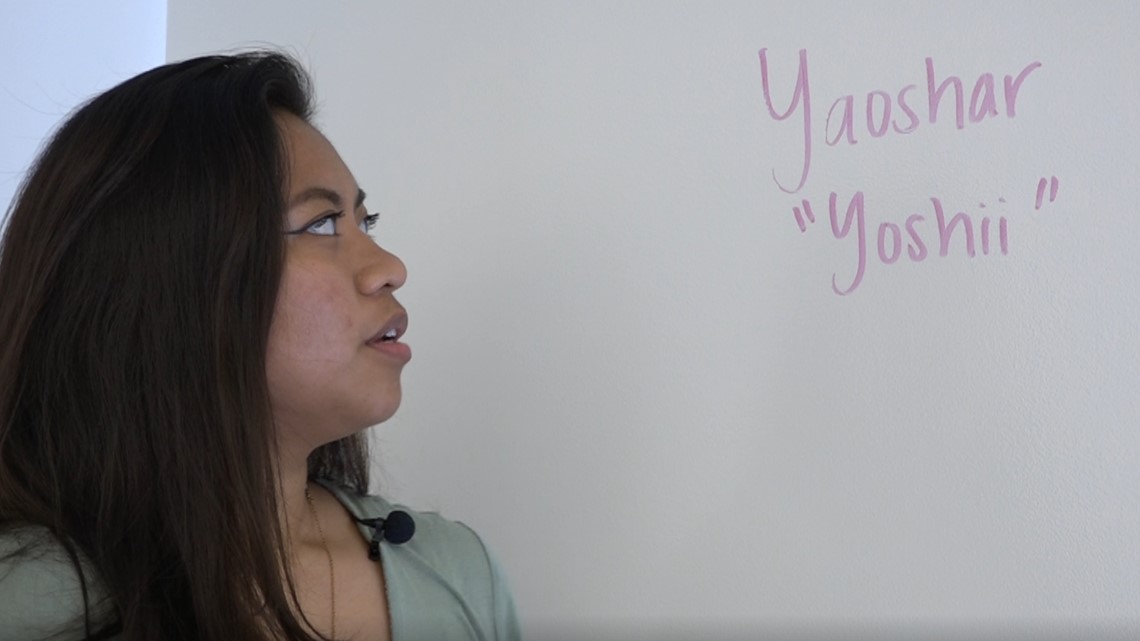
But, she says about her name, "They completely butcher it....It's like do you even care about me or who I am?"
Melayna Morgan says people make incorrect assumptions of her and then, in turn, mispronounce her name.
"I'm Black," she says, "People who are not Black must think, 'Oh, her name must be really hard to say.'" Then, she says, "They add letters like 'Melaaka.' There's no 'K!'"

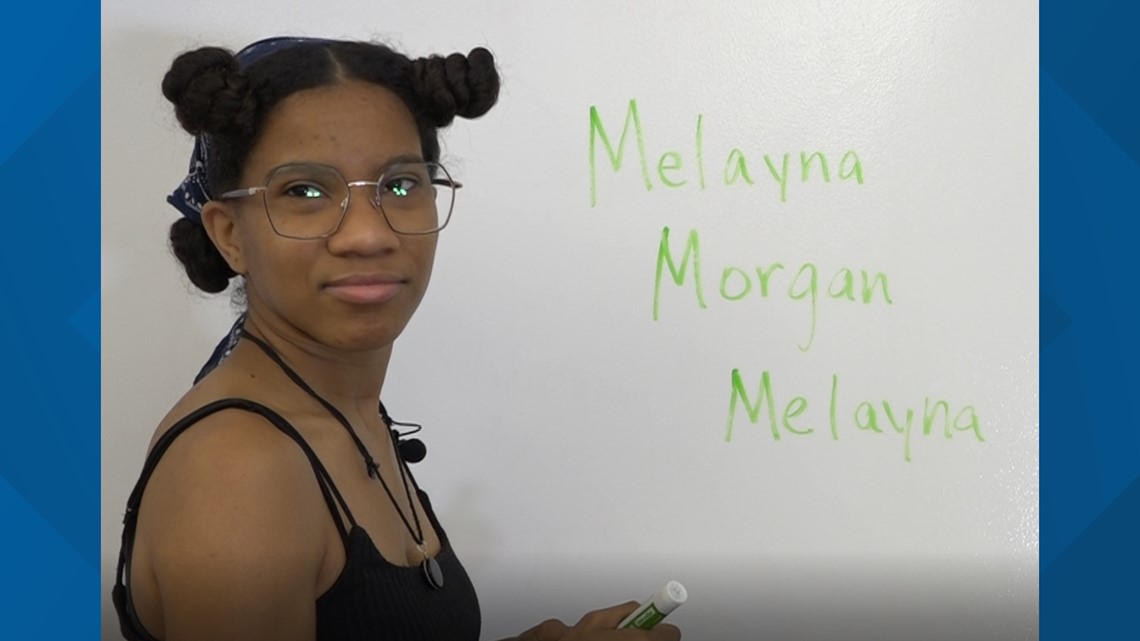
Kayaalp says mispronouncing someone's name can be a form of microaggression, whether it's intentional or unintentional.
She says microaggression, often racial, involves "insults of indirect negative messages we give to people and it hurts."
Selma says please, just ask her to help you pronounce her name. Then try. And try again, if you need to.
That she says, "makes me happy."
RELATED: Help the Jaguars name their new dog

